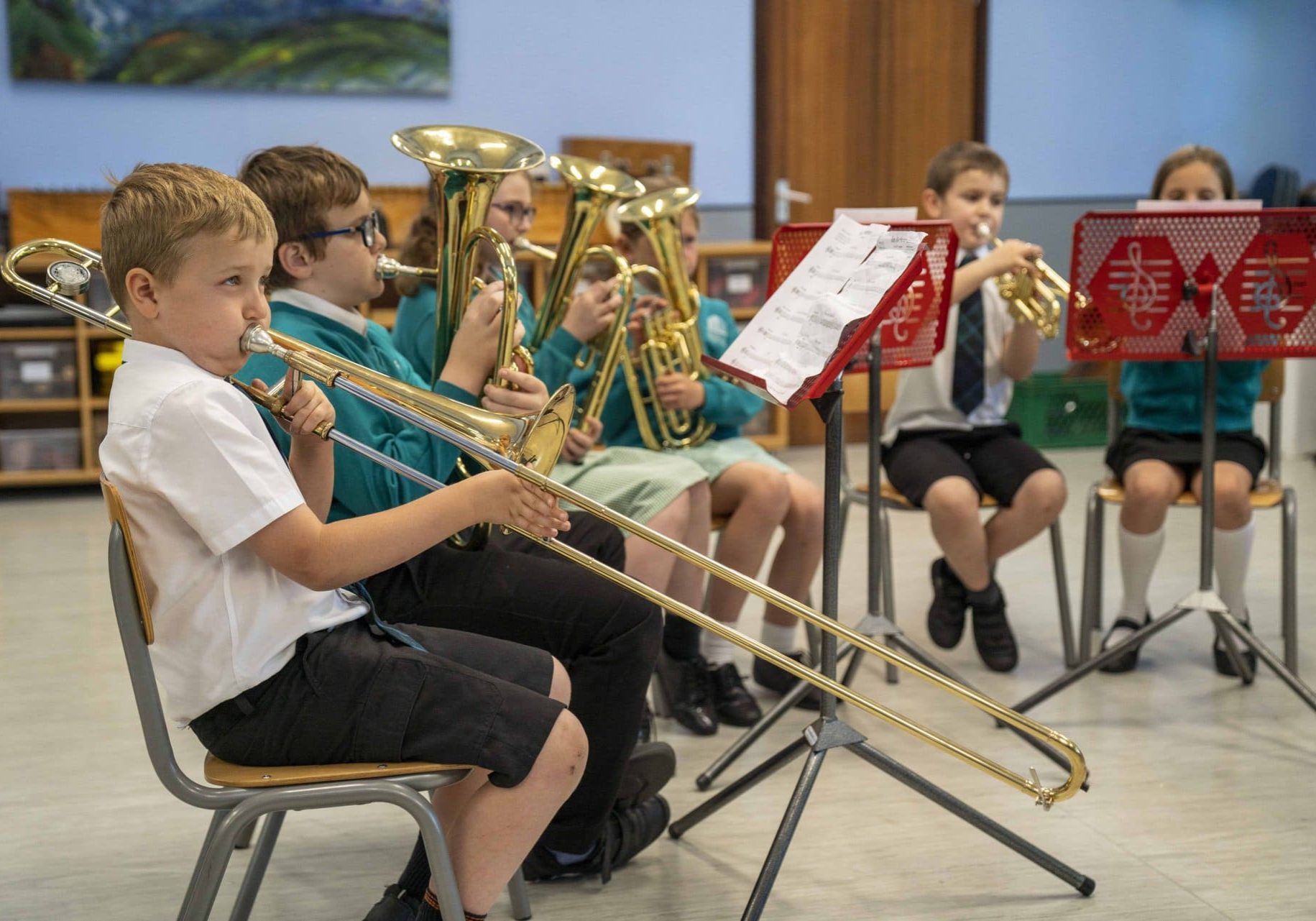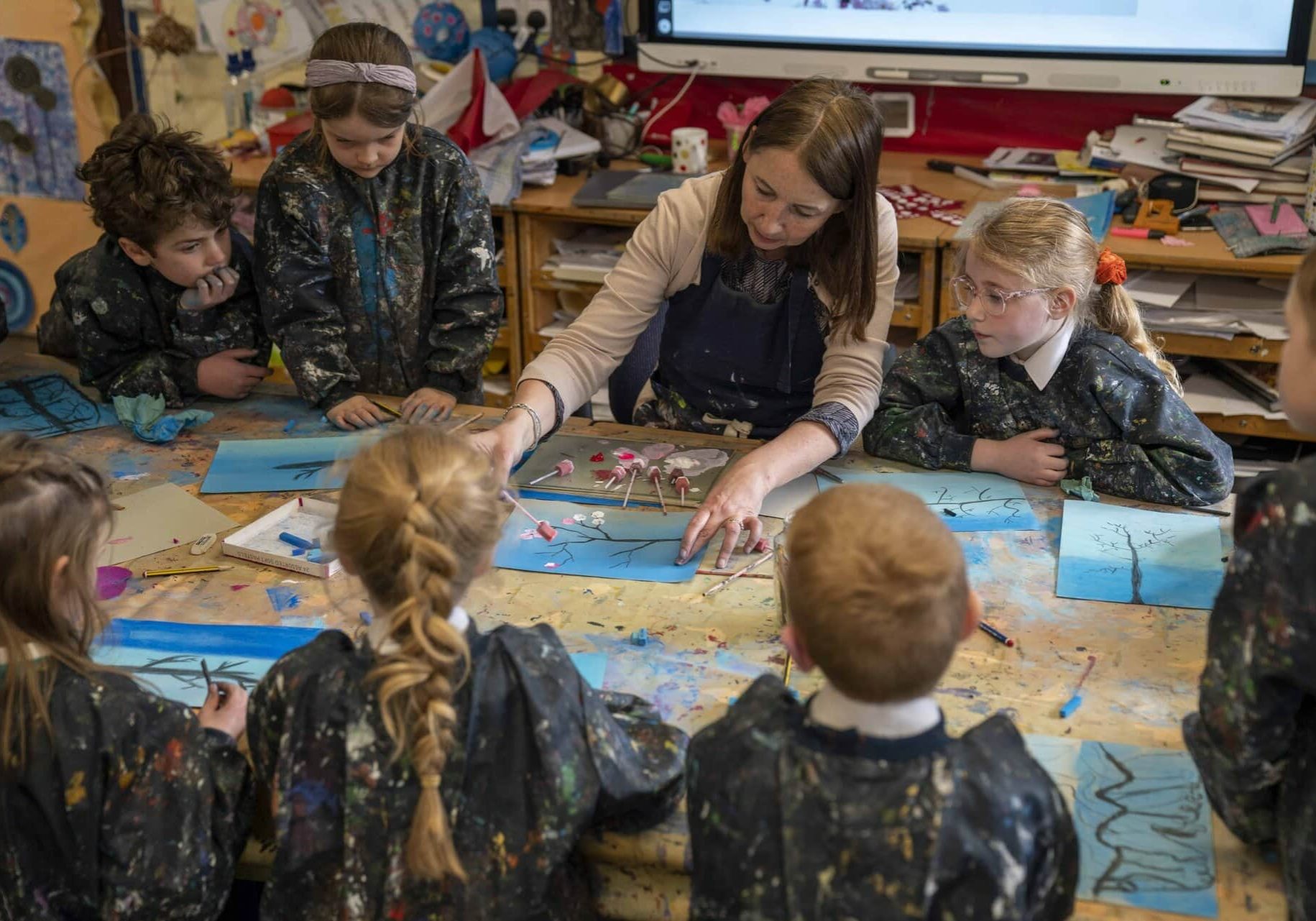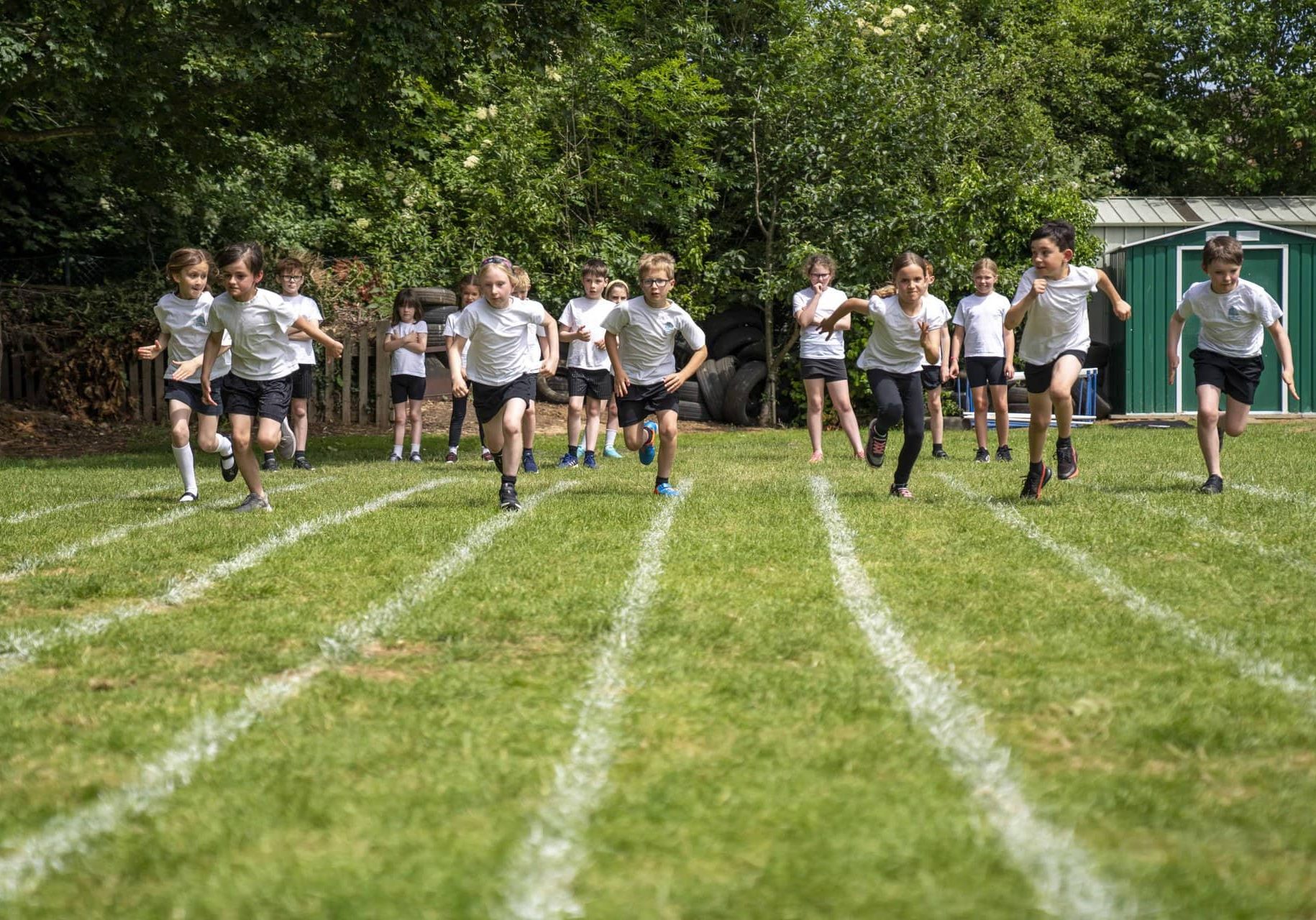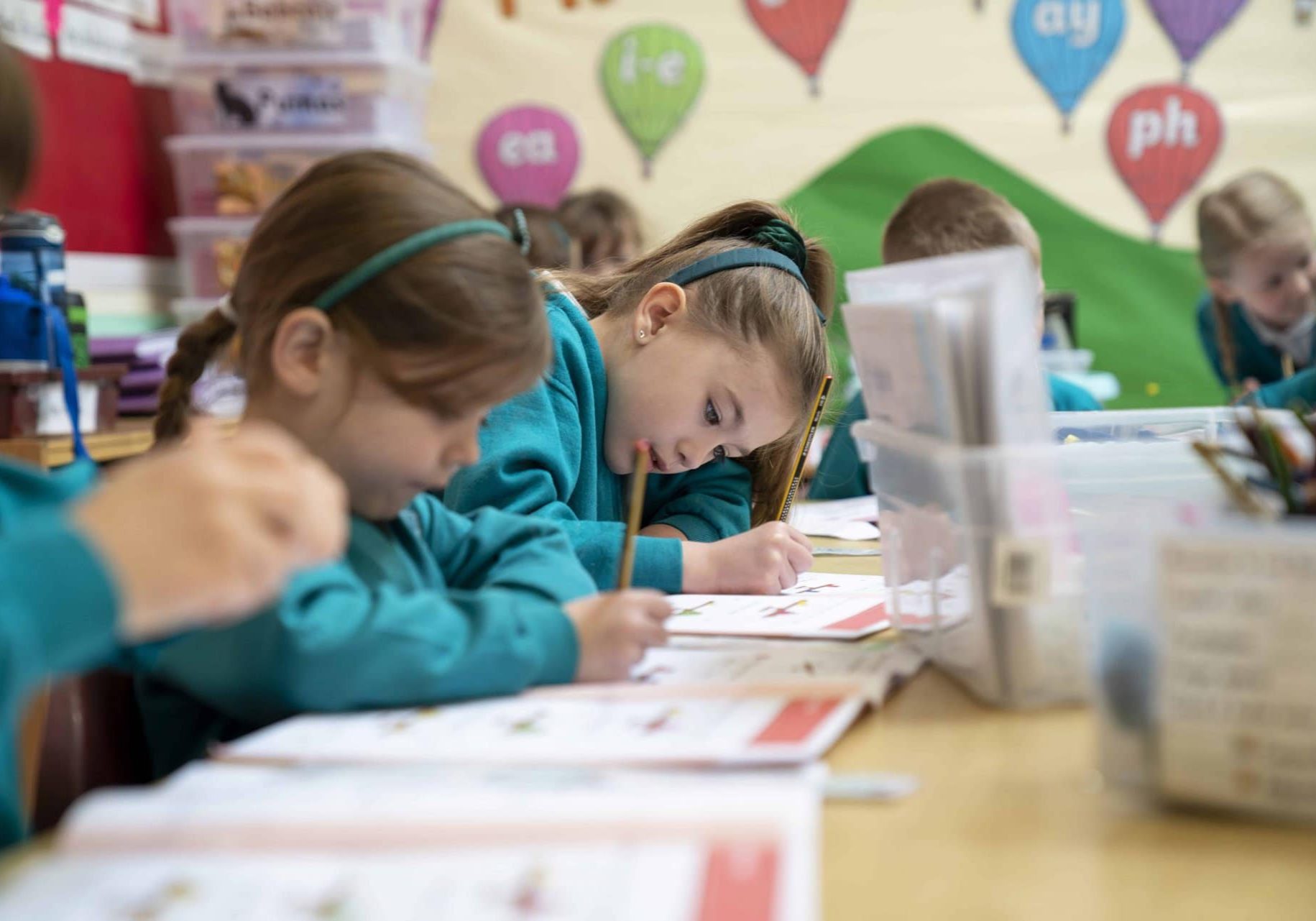In This Section
Religious Education
Curriculum Intent
At Nicholas Hawksmoor Primary School, our Religious Education curriculum aims to engage pupils in systematic enquiry into significant human questions which religions and worldviews address. Our approach is built on three core concepts:
- Spiritual Understanding: Exploring the depth of religious and non-religious beliefs and their impact on individuals and society.
- Community and Cultures: Examining the diverse religious and cultural landscape of our world and fostering respect for different ways of life.
- Morals and Ethics: Investigating the ethical frameworks provided by various religions and worldviews, and how these guide decision-making and behaviour.
Through these core concepts, we strive to:
- Deliver Quality Learning: Our curriculum, based on the Northants agreed syllabus 'Growing Together', ensures a comprehensive and progressive approach to RE education. We aim to equip pupils with systematic knowledge and understanding of a range of religions and worldviews, enabling them to develop their ideas, values, and identities.
- Inspire Enthusiasm: We encourage curiosity and open-mindedness towards different beliefs and practices. Our goal is to ignite a passion for understanding diverse perspectives, fostering empathy and respect for others' views while developing and articulating their own.
- Foster Partnerships: We recognize the importance of community in religious and cultural understanding. Our curriculum emphasizes the interconnectedness of different belief systems and cultures, preparing students to engage positively in our diverse society.
We aim to provide quality RE education that enthuses pupils about the rich tapestry of religious and cultural diversity and develops understanding within and beyond the school community. We aim to develop pupils who can articulate clearly and coherently their personal beliefs, ideas, values, and experiences while respecting the right of others to differ.
Implementation
We deliver a comprehensive, engaging RE education that builds knowledge and skills progressively:
- Curriculum Structure: We follow the Northants 'Growing Together' syllabus, ensuring coverage of major world religions represented in the UK, including Christianity, Islam, Hinduism, Sikhism, Buddhism, and Judaism. Non-religious worldviews, such as Humanism, are also explored to ensure an inclusive education.
- Spiritual Understanding Focus: Throughout the curriculum, pupils engage with religious stories, teachings, and practices that offer insights into spiritual experiences and beliefs. This approach encourages pupils to reflect on their own spiritual journey and understand the profound impact of faith on individuals and communities.
- Community and Cultures Emphasis: We provide opportunities for pupils to explore the diversity of religious and cultural practices through visits to places of worship, engagement with faith leaders, and exploration of religious artifacts. This hands-on approach fosters a deep appreciation for different ways of life and promotes community cohesion.
- Morals and Ethics Exploration: Our curriculum encourages pupils to grapple with challenging questions about the purpose of life, beliefs about God, and issues of right and wrong. Through discussion, debate, and reflection, pupils develop their own ethical frameworks while understanding and respecting those of others.
- Cross-Curricular Integration: RE is linked with other subjects where appropriate, particularly PSHE, History, and Geography, to provide a holistic understanding of how religion and culture shape societies and individual experiences.
- Assessment and Progression: We use a variety of assessment methods, including discussions, written work, and creative projects, to monitor progress and inform teaching. This ensures that all pupils are appropriately challenged and supported in their learning journey.
Key Resources
NHPS RE Skills and Progression Overview
Our approach reflects our ethos of quality through a well-structured, progressive curriculum; enthusiasm through engaging, experiential learning experiences; and partnership through community engagement and interfaith dialogue.
Impact
The impact of our RE curriculum is evident in the following outcomes:
- Spiritual Growth: Pupils demonstrate a deeper understanding of their own beliefs and values and show respect for those of others. They can articulate their thoughts on spiritual matters and show empathy towards different faith perspectives.
- Cultural Competence: Students exhibit an informed and respectful attitude towards diverse religious and cultural practices. They can discuss similarities and differences between various faiths and cultures with sensitivity and insight.
- Ethical Reasoning: Our pupils show the ability to engage in thoughtful discussions about moral and ethical issues. They can consider multiple perspectives and articulate their own views while respecting those of others.
- Religious Literacy: Students demonstrate a solid knowledge base of major world religions and non-religious worldviews. They can use subject-specific vocabulary accurately and apply their understanding to interpret religious symbolism in various forms.
- Critical Thinking: Pupils show the ability to ask perceptive questions, think critically about religious claims, and evaluate different sources of information about beliefs and practices.
- Personal Development: Pupils demonstrate increased self-awareness, empathy, and respect for diversity, contributing to their overall personal and social development.
We assess these impacts through regular observations of learning, review of pupils' work, and discussions with pupils about their learning journey in RE. The way pupils engage in discussions, respond to ethical dilemmas, and interact with peers from different backgrounds provides tangible evidence of the curriculum's impact.
When children leave Nicholas Hawksmoor Primary School, they are religiously literate, culturally aware, and ethically minded citizens, ready to positively contribute to our diverse society. They have a strong foundation in our core concepts of spiritual understanding, community and cultures, and morals and ethics, preparing them to navigate the complex landscape of beliefs and values in the modern world.





